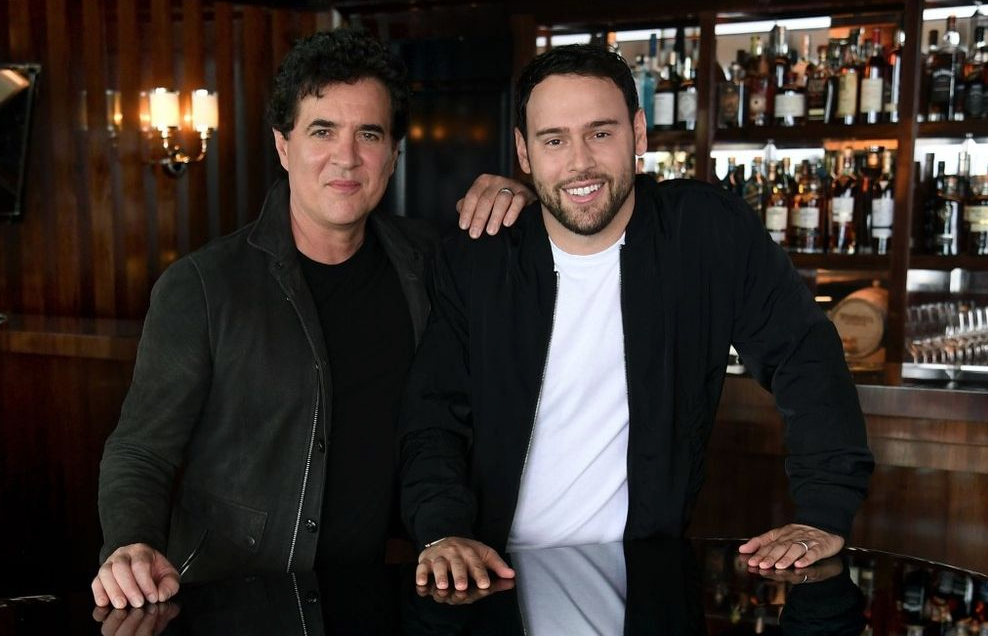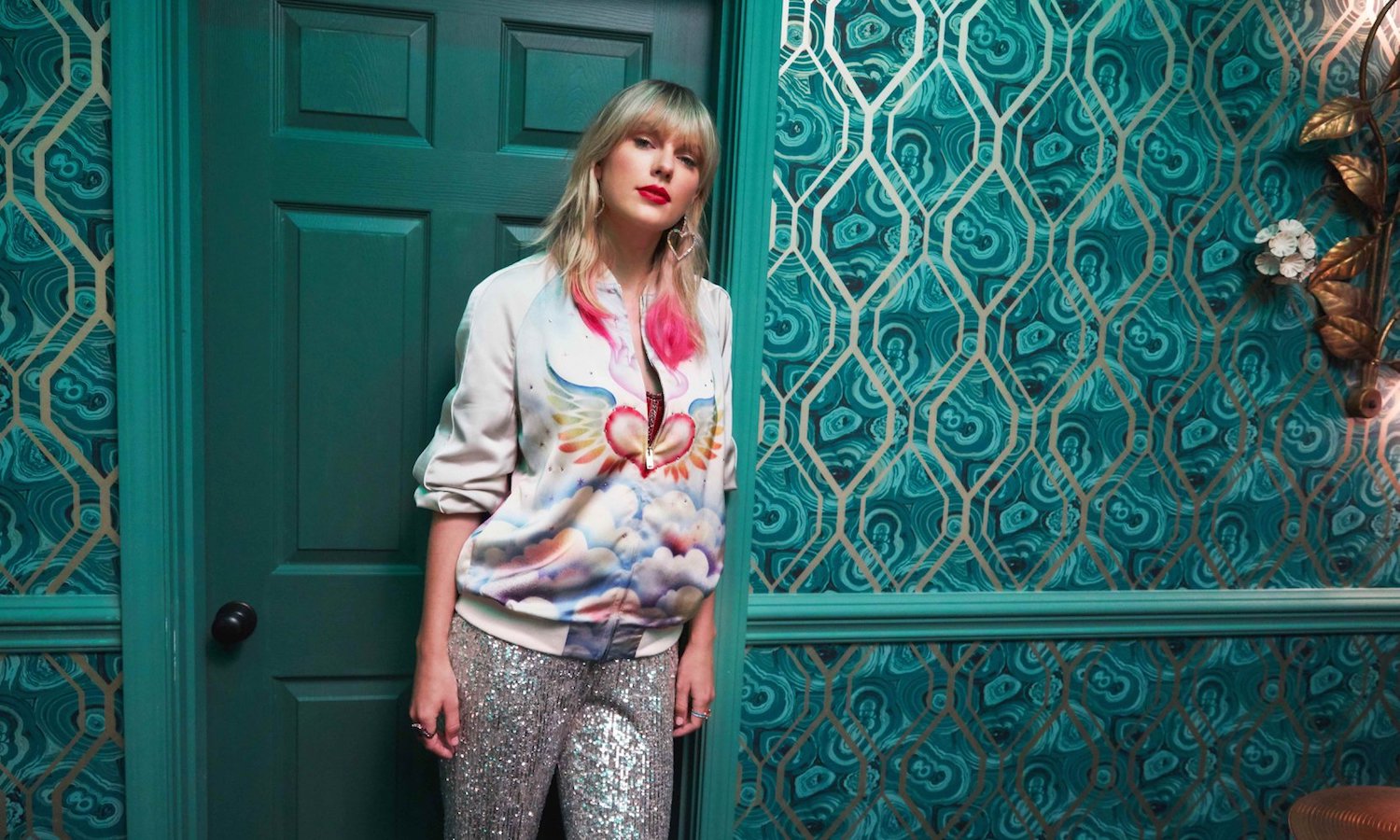Why Taylor Swift’s airing of dirty laundry is so refreshing [op-ed]
![Why Taylor Swift’s airing of dirty laundry is so refreshing [op-ed]](https://images.thebrag.com/cdn-cgi/image/fit=cover,width=1200,height=800,format=auto/https://images-r2-1.thebrag.com/tmn/uploads/Taylor-Swift-2.png)
The ongoing novella between Taylor Swift and her former label Big Machine is beginning to read more like an Imogen Edwards-Jones novel, or perhaps even a Netflix TV show.
‘Packed with scandal and intrigue, Swift takes you to the dark corners of the wicked and secretive music industry. It’s a world where money talks and bullshit walks. And where talent isn’t always at the top of the priorities list.’ Coming to television, January 2020.
Swift paints herself as the hero and victim, and brushes label executives Scott Borchetta and Scooter Braun as the antagonists and villains. It’s got all the trimmings of a modern-day blockbuster.
But separating fact from fiction is so much more complicated than that.
By all accounts, without knowing all the facts, it would be grossly premature to take sides. But most of us already have.
“This sucks,” music journalist Kathy McCabe tweeted after news broke on Friday that Big Machine was, according to Swift, attempting to block her from performing a medley at this month’s American Music Awards.
“No man in the music industry would have this power without the creativity, imagination and soul of the songwriter and recording artist,” McCabe tweeted. “She wrote’em, she should be able to sing them whenever she damn wants to.”
Or, as the independent turned major label artist put it: “Basically, be a good little girl and shut up. Or you’ll be punished.”

Scott Borchetta and Scooter Braun
In her Tumblr post, Swift also claimed that Big Machine would not agree to license catalogue recordings for a Netflix documentary in the works about her life.
In a classic case of he said, she said, reps for Big Machine responded to the allegations and called out the chart-topping princess of pop for creating a false narrative.
“As Taylor Swift’s partner for over a decade, we were shocked to see her Tumblr statements yesterday based on false information,” read the statement in part.
“At no point did we say Taylor could not perform on the AMAs or block her Netflix special. In fact, we do not have the right to keep her from performing live anywhere.”
It was a carefully worded response that failed to directly deny either claim, according to a rebuttal from Team Swift overnight. And she shared the receipts to prove it.
Swift’s use of social media to mobilise her fandom – an army of teenagers with absolutely no understanding of how the music business functions – is unprofessional, potentially dangerous and, in all honesty, downright refreshing.
Grinspoon frontman Phil Jamieson summed it up best in a single tweet: “Errrrr”.

Since the dawn of the record industry, artists have drawn the short straw; subjected to one-sided recording contracts where men in black hold all the power.
And while we are beginning to witness a tectonic shift in how labels structure deals, at least in part, we can thank Swift.
The airing of one’s dirty laundry is messy. But the conversation is an important one, albeit uncomfortable for some. But real change isn’t meant to be easy, especially when millions of dollar bills are involved. It’s complicated.
Right now is the time for artists to take control of their art, to ‘stick it to the man’.
The record business is standing at the tipping point, but which players will find themselves on the right side of history is the cliffhanger. But we’re all watching, listening.
As Prince famously said in ’96, “If you don’t own your masters, then your masters own you.”






























